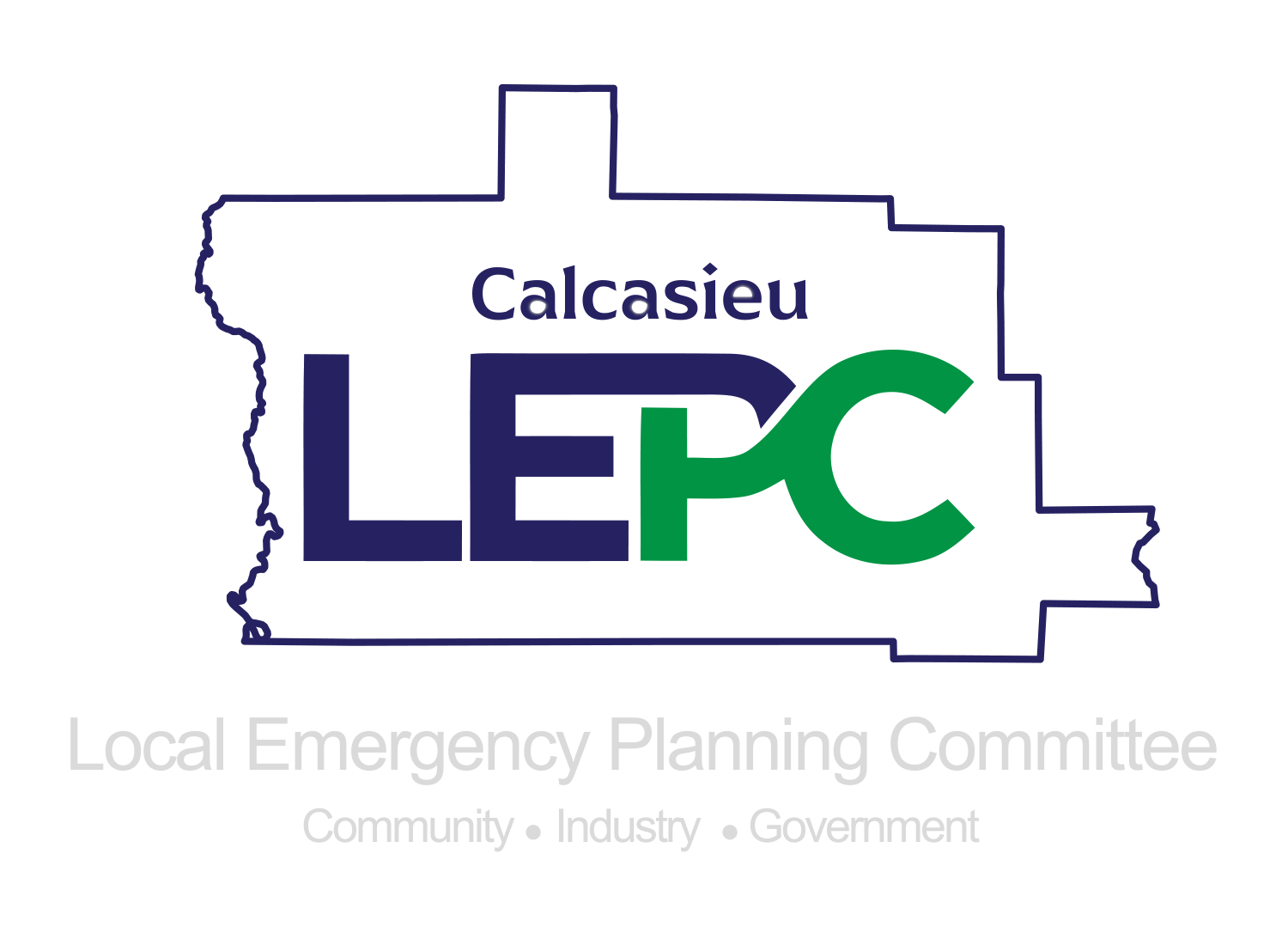
Frequently Asked Questions and Answers
-
What is an LEPC?
-
A Local Emergency Planning Committee (LEPC) is a gathering of representatives in a Parish community that have an interest in hazardous materials safety. As a group, they are tasked with identifying potential risks that the Parish faces from chemicals manufactured, used, stored, and/or transported throughout the Parish community. The LEPC should seek ways to help minimize the risk, prevent accidents, and assist in the development of plans to deal with chemical emergencies. Education and community outreach are another core component of an LEPC. Through the LEPC, the public can seek out information about chemicals in their communities and learn the appropriate precautions to take during an emergency.
-
-
Why Do I Need an LEPC?
-
The citizens of your community need to know they are safe and that there are plans in place to assist with a chemical incident or release. Under the Superfund Amendments and Reauthorization Act (SARA) and the Emergency Planning and Community Right to Know Act (EPCRA), Congress mandates that LEPCs form as a means of allowing communities to know about and protect themselves from the risks and effects of hazardous materials in their environment. In 198,5 Louisiana adopted the “Hazardous Materials Information Development, Preparedness, and Response Act,” referred to as the “Right-to-Know” Law. Compliance with the Right-to-Know Law will attain compliance with SARA, Title III.
-
-
What is the SERC?
-
The Louisiana Emergency Response Commission (LERC) is equivalent to the State Emergency Response Commission (SERC) mandated by SARA. It consists of 19 members from State and local governments, private and public sectors, including fire, law, public health, and industry. Members of the LERC are appointed by the Governor and are responsible for the oversight of the LEPCs. The LERC meets every quarter and approves members for the LEPCs, discusses needed changes to the Right-to-Know Law, and works directly with the LEPCs to ensure their compliance with Federal and State Laws.
-
-
Who is responsible for forming a LEPC in my community?
-
Under the Right-to-Know Law, each Parish has been identified as a local emergency planning district. The SERC has the responsibility to appoint the Local Emergency Planning Committees. Any person with an interest in community right to know or public safety may participate in the LEPC. Members should include: the fire department, law enforcement, health care, media, schools, industry, transportation, public health, and others.
-
-
What is our LEPC expected to do?
-
Your LEPC will be expected to meet at least once a year to review the LEPC emergency response plans and make necessary changes to the plan to ensure the coordination of such plans with emergency response plans of other emergency planning districts. The LEPC acts as a repository for the notifications required by the Right-to-Know Law, both the inventory reporting and the incident/release reporting. Also, requests for information from the public are handled by the LEPC.
-
-
Who pays for all this?
-
One of the great things about an LEPC is it's virtually free. An LEPC is a meeting of the minds, a communication system, and a forum to bring interested parties and the public together to make their communities safer. While there may be some incidental costs, they should not be significant. Some costs of operation are reimbursable under the Hazardous Materials Emergency Planning (HMEP) grants.
-
-
May Parishes join together to form a regional LEPC?
-
With the approval of the SERC, Parishes can combine their LEPCs into a regional LEPC. This multi-parish LEPC must be able to meet the objectives set forth by each of the participating Parishes. For more information or assistance, please contact the SERC Coordinator.
-
-
Where Do I Get Help?
-
If you need assistance in developing and maintaining your LEPC or need ideas for your LEPC, begin by contacting Mark E. Morrison, Program Manager at Louisiana State Police Emergency Services (225).925-4893 Ext. 253 or by e-mail at Mark.morrison@la.gov. Members of the LERC will also be happy to assist you.
-